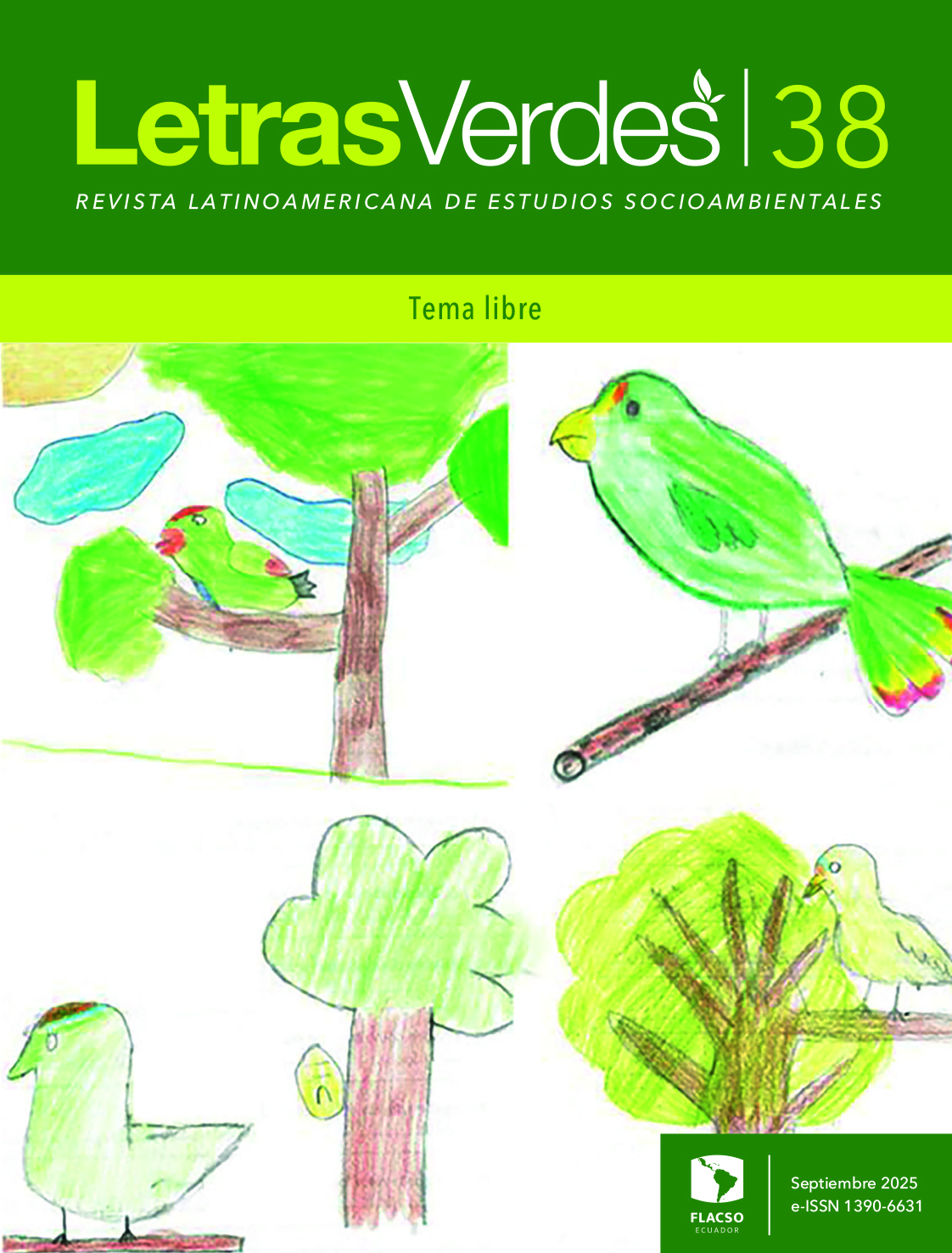Perception of impacts associated with Harmful Algal Bloom in Quellón, Chiloé: A multidimensional view
Main Article Content
Abstract
Introduction: previous studies have identified multiple impacts associated with harmful algal bloom events in coastal territories, mainly related to the risks of intoxication and economic losses. Southern Chile is no exception; however, few studies have understood this phenomenon from the perspective of coastal communities. Objective: to explore and analyze how different stakeholders from Quellón, Chiloé, Chile, perceive and have responded to the red tide, a recurrent issue in an area highly dependent of marine activities. Methods: we designed a qualitative study, using semi-structured interviews, which were applied to 36 people. Conclusions: among the main results, negative effects are recognized on people's health, the economic, social and cultural sphere of coastal communities, highlighting life experiences and knowledge associated with this phenomenon. Further than the risk of intoxication, the study allowed us to dig deeper into the health, economic and social impacts that occur in a highly isolated area. Also, the need to understand the negative consequences of the red tide as impacts chains is highlighted, proposing an integrated understanding of these events. Qualitative studies show the importance of considering the voices of local stakeholders regarding the understanding and preparation of future red tide events to build more resilient coastal communities.
Downloads
Article Details

This work is licensed under a Creative Commons Attribution-NonCommercial 4.0 International License.
Letras Verdes, Revista Latinoamericana de Estudios Socioambientales, operates under Creative Commons Attribution-No Derivative Work 3.0 unported (CC BY-ND 3.0).
The authors who publish in Letras Verdes accept these terms:
You are free to share / copy and redistribute the material in any medium or format for any purpose, including commercial. Therefore, authors retain the copyright and cede to the journal the right of the first publication (CC by-ND 3.0), which allows third parties the redistribution, commercial or noncommercial, of what is published as long as the article circulates without changes.
The following conditions exist for the authors:
Recognition - you must recognize the authorship, provide a link to the license and indicate whether changes have been made. You can do this in any way reasonable, but not in a way that suggest that has the support of the licensor or receives it by the use he makes.
Without Derivative Work – If you remixed, transform or create a work from the original material, you cannot broadcast the modified material.
For more details, visit the page of Creative Commons (CC).






